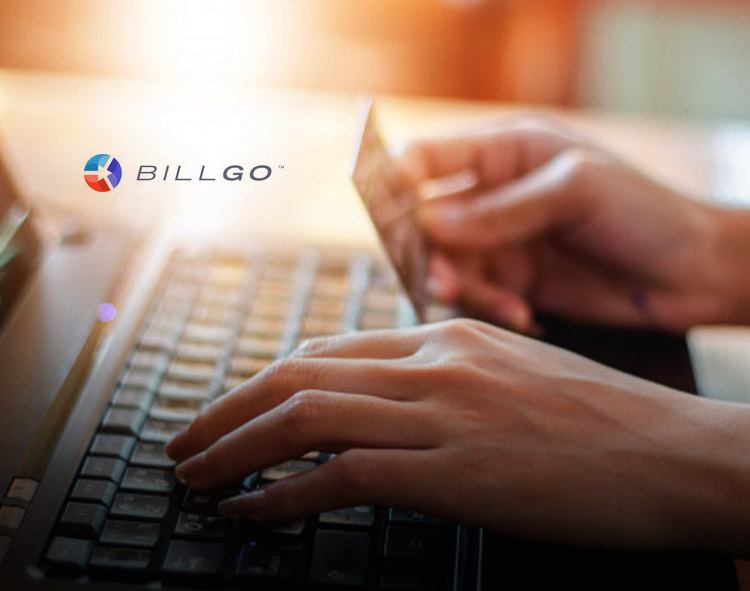As the popularity of digital bill paying rises at a near historic pace, study by BillGO and Aite Group shows banks are lagging behind
According to a newly-released study1 commissioned by BillGO, an innovator in bill pay services, most banks continue to lose bill payment customers to biller sites due to outdated services. Of the 15.5 billion bills paid by U.S. consumers in the last 12 months only 2.1B were paid using bank bill pay. Accustomed to frictionless digital experiences in other areas of their lives such as shopping and entertainment, a majority of bank bill pay experiences do not meet the expectations of today’s highly connected consumer.
Read More: Purdue Federal Credit Union Selects Payrailz® to Support Payment Strategy
How Americans Pay Their Bill is a national study which provides an up-to-the-minute, comprehensive overview of American bill-paying habits, identifying those channels and payment methods consumers prefer as well as how different demographic segments manage their financial obligations.
The lack of updated features such as easy biller setup, multiple payment options and timely payment confirmations are to blame because consumers have become accustomed to frictionless digital experiences in other areas of their lives such as shopping and entertainment.
This is just one of the findings included in How Americans Pay Their Bills, a national study conducted by Aite Group whose highlights were released today. The report provides an up-to-the-minute, comprehensive overview of American bill-paying habits, identifying those channels and payment methods consumers prefer as well as how different demographic segments manage their financial obligations.
The 106-page report offers a wide array of insights into how financial institutions are missing out on opportunities to better serve and retain customers, and what they need to do to better meet consumer expectations.
Read More: Volly Announces Series B Growth Equity Round
Among the report’s findings:
- Consumers continue to reject legacy banking bill-paying platforms, which are perceived as inefficient. In most cases, they prefer making payments directly to service providers.
- Among the 15.5 billion bills paid in the last year, only 35 percent were set up on a recurring basis, underscoring the need for more efficient and consumer-friendly platforms
- Most respondents say they are forgoing some bills – charitable donations, student loan payments – to ensure they can meet their mortgage, rent, and utility obligations.
- Despite a plethora of high-tech options, Americans still pay bills with checks (2.3 billion times), debit cards (2.5 billion times), and credit cards (2.6 billion times).
“The findings in this report confirm how imperative it is for banks to rethink their legacy bill-paying platforms if they intend to win over the next generation of consumers,” said David Albertazzi, Research Director, Retail Banking & Payments, Aite Group. “A key finding in our new study is that Gen X and Gen Z expect immediate, frictionless transactions and banks are missing the mark. They must provide a better bill-paying experience if they intend to remain relevant.”
“We compiled this report to give the industry an honest picture of bill-paying trends in today’s economy,” said Dan Holt, CEO of BillGO. “The data should serve as a wake-up call. Consumers expect a modern and centralized digital experience when managing and paying their bills, complete with real-time confirmations. Delivering anything less represents a missed opportunity.”
Want to know more?
BillGO invites all financial services and banking executives to participate in an upcoming, can’t-miss webinar entitled How Americans Pay Their Bills.
During the webinar, BillGO and Aite Group will discuss:
- Key findings from the comprehensive How Americans Pay Their Bills report
- What consumers expect from their financial service providers and billers
- Steps banks can take to recapture past customers while earning new ones
- How banks can better manage costs by deploying next-gen bill-pay platforms
